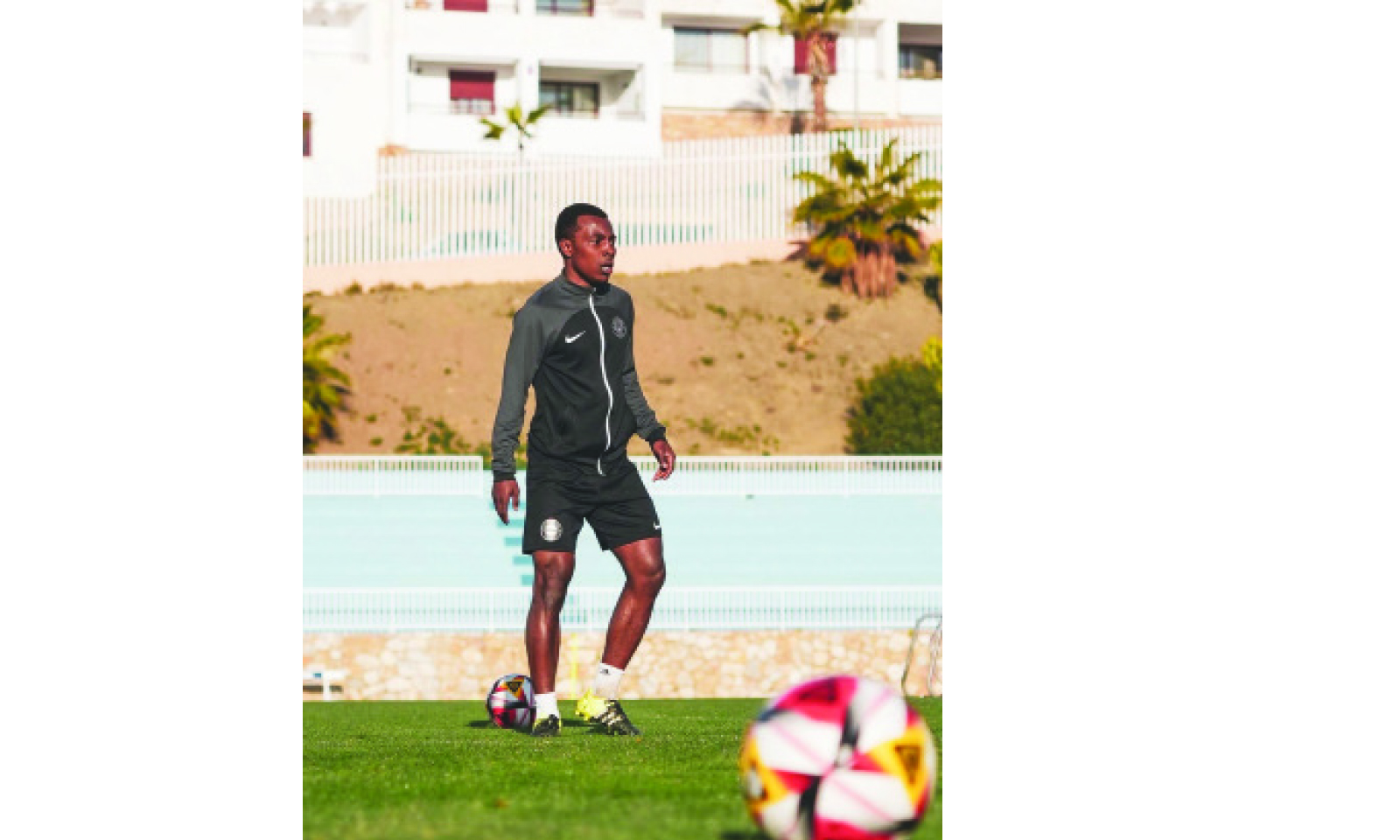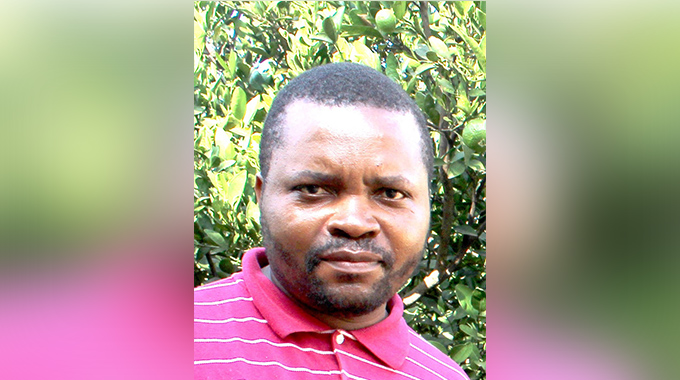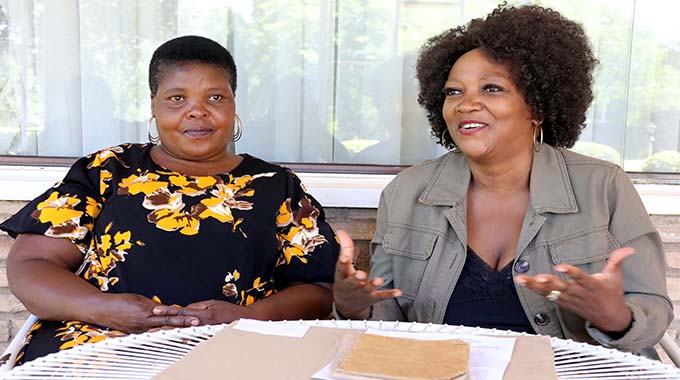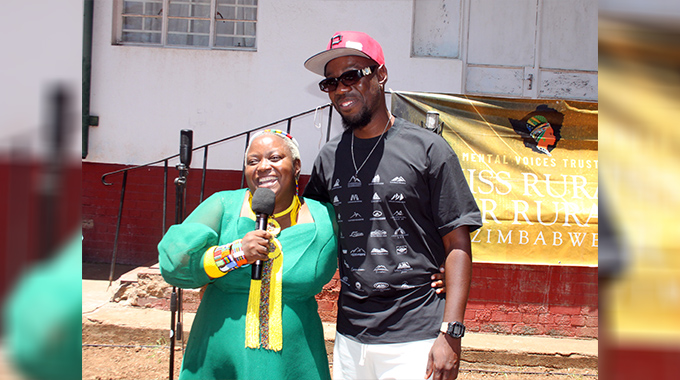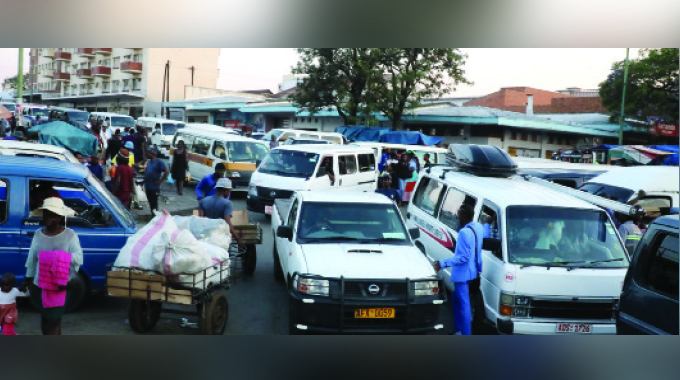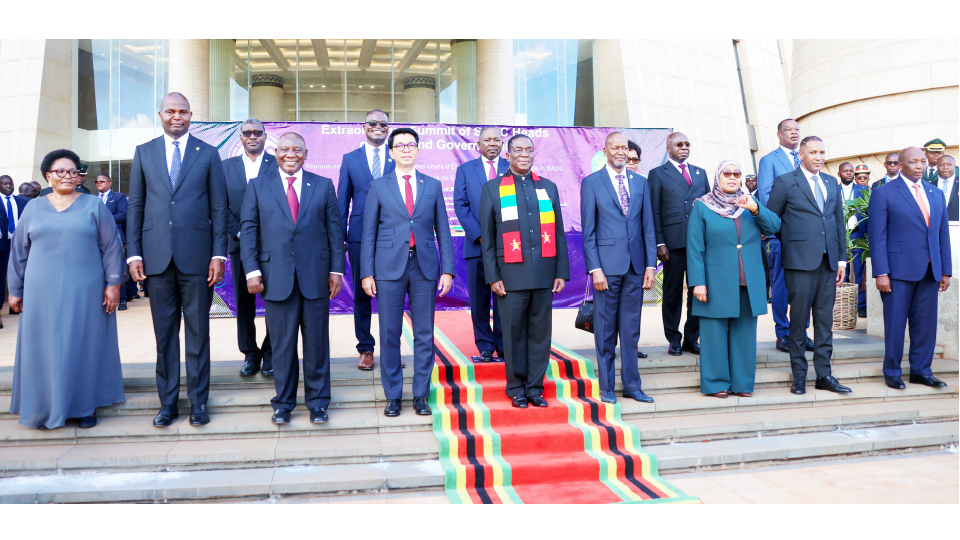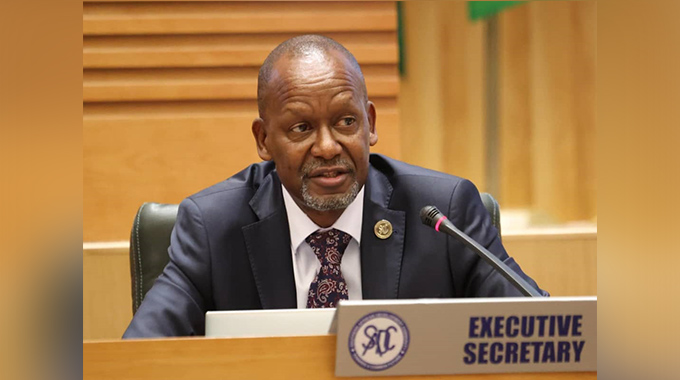
THE breaching of the ceasefire and peace process in the Democratic Republic of Congo by the M23 rebel movement, culminating in the attacks on SADC and UN peacekeeping forces, killing 13 peacekeepers, and the seizure of the major city of Goma, must be met by effective action.
President Mnangagwa, speaking as chairperson of SADC, went beyond condemning these attacks and military action by M23 in his statement on Monday night and made it clear that “SADC will assume its full responsibility and take action to deal with the deteriorating security and humanitarian situation in Eastern DRC”.
He also made it clear that “those responsible for the situation should be held accountable”.
Hundreds of thousands of people have been displaced in the fighting that re-erupted, with 400 000 displaced by early this month and many more since, and hundreds have been killed in the attacks on and around Goma.
SADC has had a peacekeeping and monitoring mission in eastern DRC for over a year, having renewed its mandate late last year and this mission works with the United Nations mission in Congo, Monusco.
South African and Malawian soldiers with the SADC mission were killed plus Uruguayan troops with the UN force in attacks over the last few days.
SADC took the lead in the peace process when former SADC chairperson President João Manuel Goncalves Lourenco of Angola, with full Africa Union backing for the regional initiative, agreed to take on the role with both SADC and AU credentials.
After some very difficult negotiations, he hammered out a peace deal with both the DRC government and M23, and reportedly with other involved parties giving their assent in a major effort by Angolan diplomacy determined to cover all angles.
It is this deal that M23 has so flagrantly breached in its recent military action and shown just how little its word is worth. It is likely that it must be receiving arms and ammunition from outside the DRC to be able to sustain the strong military initiative and capture a city of more than one million people, rather than just using up supplies it already held.
So the situation has gone far beyond banditry by indisciplined rebel fighters turning to crime.
It must be understood that SADC always backs the legitimate and elected Government of its member states.
In fact President Felix Tshisekedi of DRC was an opposition leader when President Joseph Kabila lost the delayed 2018 elections. The DRC Constitutional Court confirmed the result in early 2019, and SADC played a part in ensuring that this first ever peaceful transfer of government in the DRC went ahead smoothly. President Tshisekedi won re-election at the end of 2023.
The normal democratic process where the voters decide who forms their Government is highlighted by the fact that former President Kabila still lives in the DRC as an important farmer near Kinshasa and, by a clause in the DRC constitution, as a former president, sits in Parliament as a senator for life.
Everyone assumed that with this sort of normality in democratic processes, and President Lourenco’s magnificent diplomatic efforts on behalf of SADC and the AU that reached a deal last year, the people of DRC could finally enjoy a peaceful and democratic future after so many decades of war and autocracy.
The SADC Secretariat, in its detailed reaction now fully backed politically by President Mnangagwa as chairperson, has made it clear that “all parties” to the conflict in the eastern DRC must adhere to the peace agreements and M23 must withdraw from any territory it has occupied since the ceasefire came into effect.
Former rebel movements in SADC and Africa have become legitimate political parties under peace agreements, renouncing violence and moving into the democratic process of trying to win votes, and in other cases have either merged with existing parties or simply packed up politics and their members joining the existing political set up as individuals.
All these options were open to M23 and its members. Now the breach of the ceasefire and the decision to trample over the peace deal means that, as President Mnangagwa said, those responsible must be held accountable and SADC has to take effective action.
It has to be acknowledged that the eastern DRC is also a victim of the grave troubles that occurred elsewhere in the Great Lakes region, with refugees and former militia members seeking refuge in what was then a poorly governed DRC before the restoration of democracy. And there might be extreme nervousness among neighbours that those who sought sanctuary could be troublesome.
But the democratic DRC under both President Kabila and President Tshisekedi restored effective administration outside the modest rebel areas of the east, and it is impossible to imagine that the DRC would ever allow its territory to be used as a base for attacks on its neighbours.
If the DRC Government had proper control of all its territory it would prevent any such action, and then use diplomacy and normal international standards to clear up the refugee mess. So a successful end of rebellion in eastern DRC is in everyone’s interests.
Neighbouring states can be involved in peace agreements, at least to the extent of wanting to see a secure eastern border on the DRC, but guaranteed secure borders is one of the cornerstones of the African Union from its very inception as the OAU. We cannot see any problem as a proper peace process unfolds in the eastern DRC, of effective enforcement of that principle.
The breakdown of the peace process that we thought had been secured last year by President Lourenco will require, as President Mnangagwa intimated, more action from SADC with possibly a greater range of diplomatic efforts to cut off any support for rebel groups while stronger action is taken against active rebels. This worked in Mozambique.
Such action will, of course, need to be tightly co-ordinated but SADC has been rather good at doing this effectively and the AU itself has made it clear that it will back the SADC effort, as it has done by giving President Lourenco continental credentials as he leads the diplomatic efforts. What cannot be tolerated is that an armed rebel group can be used to further political aims of internal and external interests.



